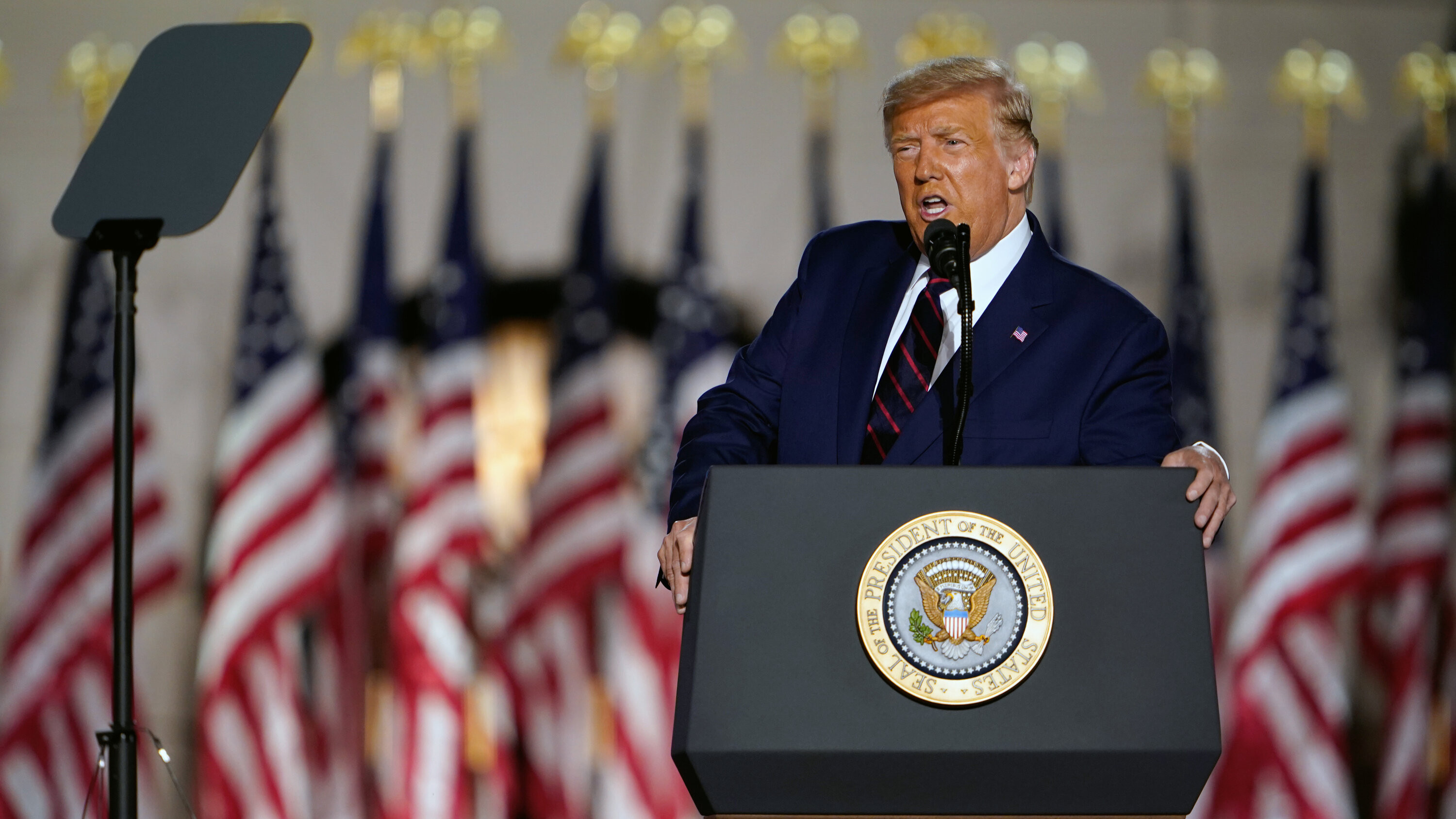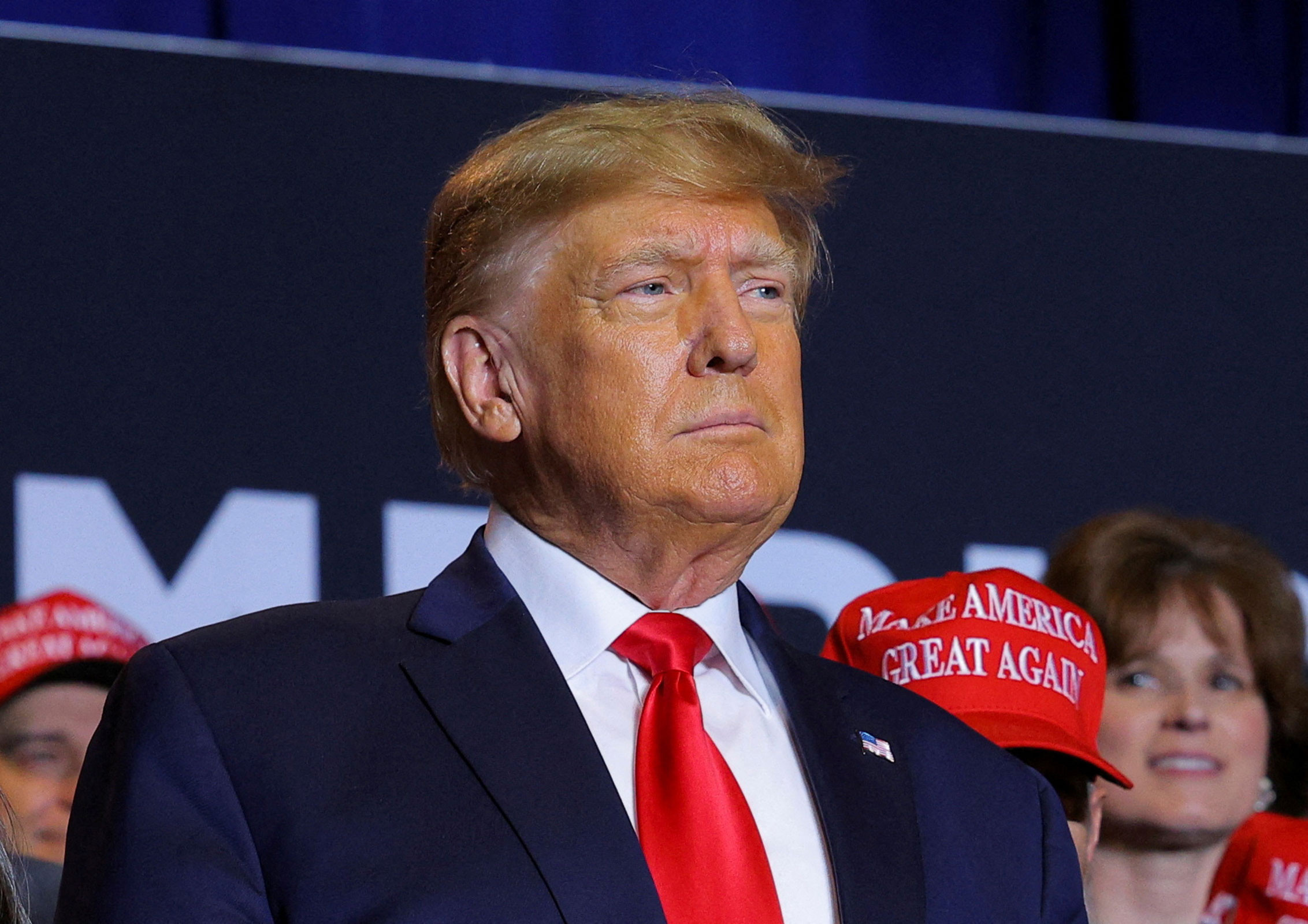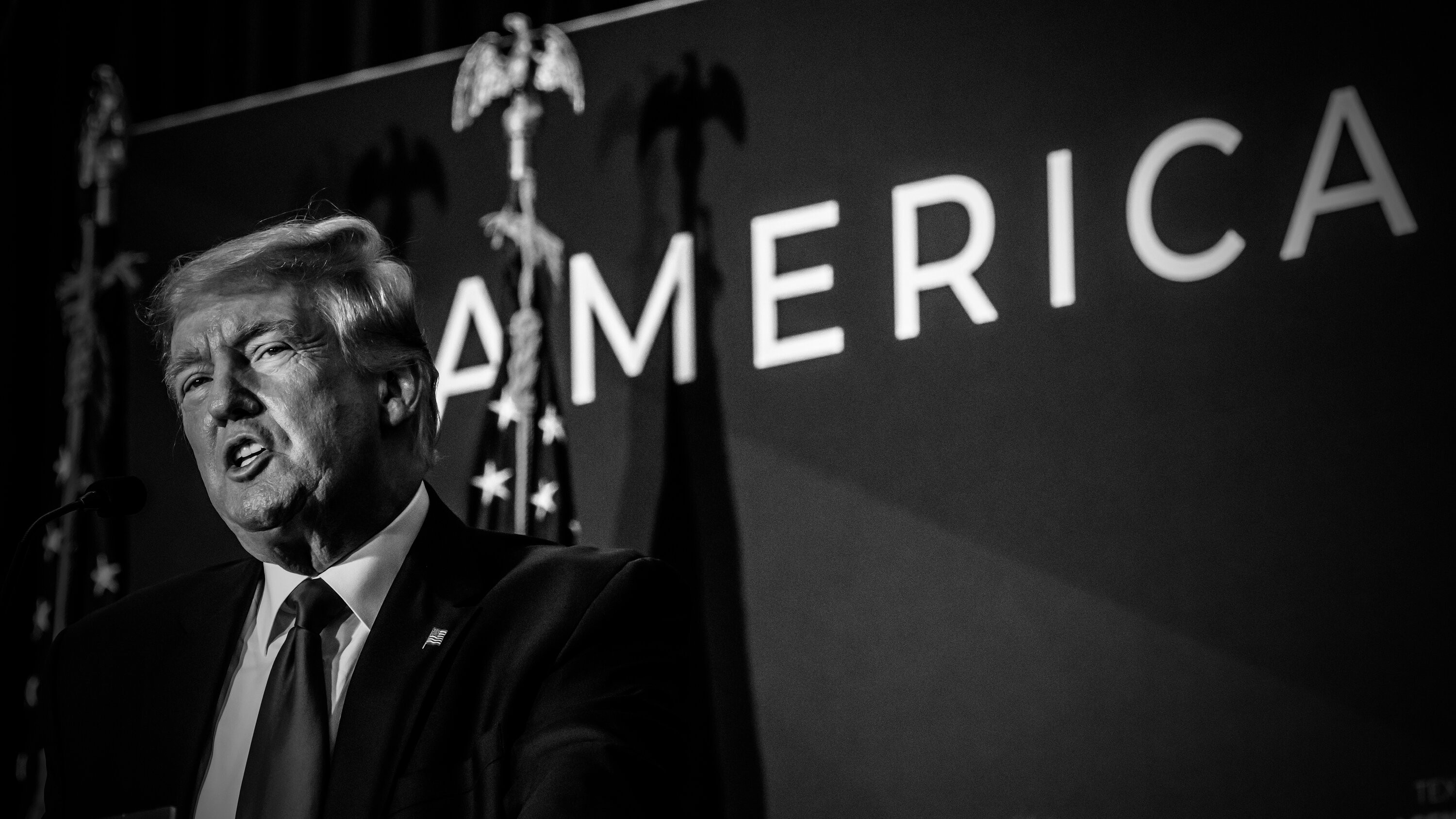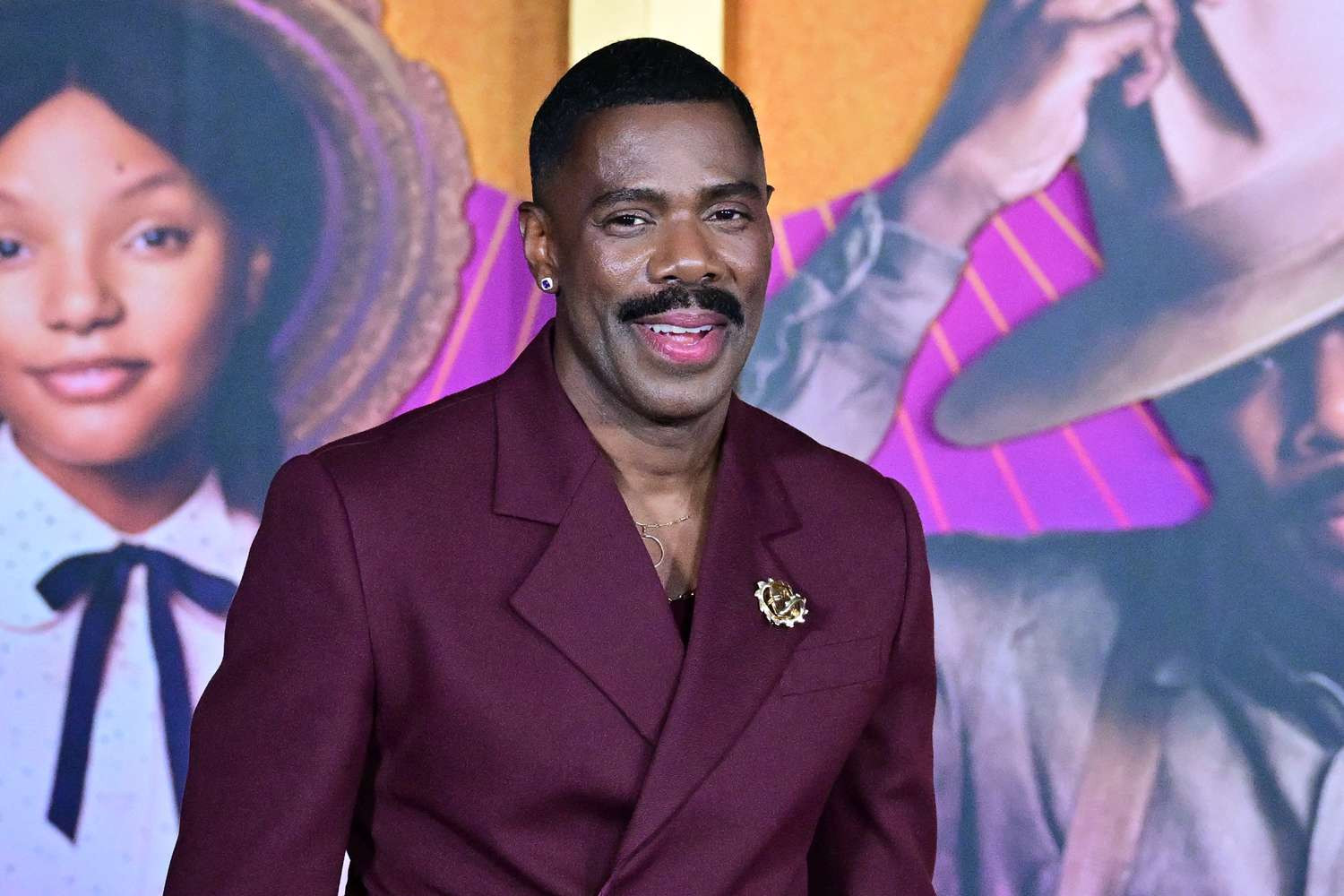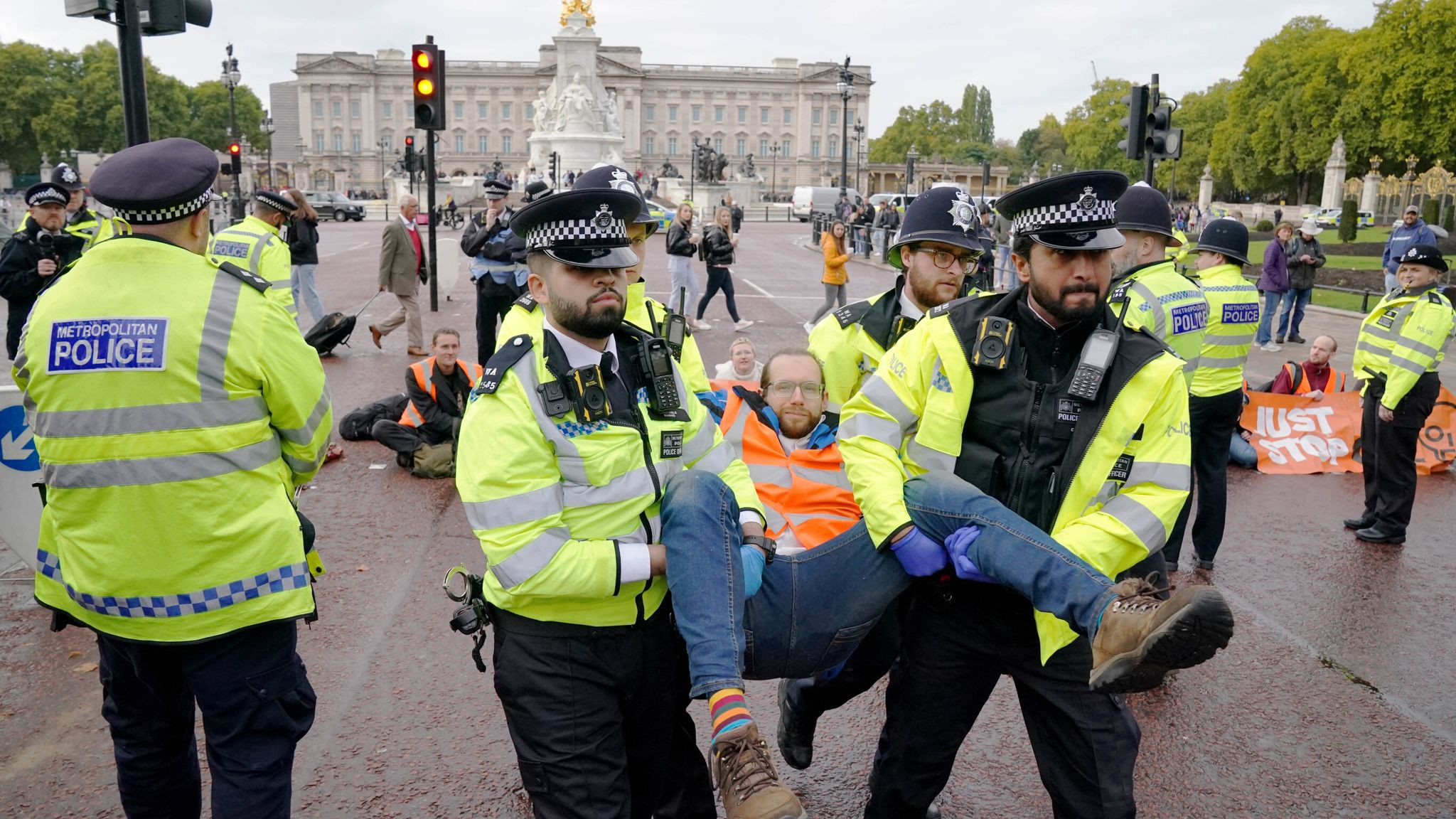Former Australian Prime Minister John Howard has declared that he would never vote for Donald Trump, asserting that the former US President's political philosophy is fundamentally incompatible with democratic ideals. In an exclusive interview, Howard, a prominent figure in Australian politics, voiced his strong disapproval of Trump's leadership style and the ramifications of his actions on the global stage.
Howard, who served as Prime Minister from 1996 to 2007, is known for his conservative political stance and his deep understanding of international affairs. His remarks, therefore, carry significant weight and offer a unique perspective from a seasoned world leader on the potential dangers of Trump's political approach.
Trump's Democracy Compatibility
Howard, in his interview, highlighted his concerns about Trump's disregard for democratic principles. He expressed his belief that Trump's actions often contradicted the fundamental tenets of democracy, such as respect for the rule of law, freedom of speech, and the integrity of elections.
Howard's critique of Trump's political approach resonates with concerns shared by many around the globe. Trump's presidency was marked by a series of controversies that challenged democratic norms, including his attacks on the media, his efforts to undermine the independence of the judiciary, and his attempts to interfere with the 2020 presidential election.
Impact on US Politics and Global Order
The impact of Trump's presidency on American politics and the global order has been widely debated. Supporters argue that Trump's policies were effective in promoting American interests, while critics contend that his actions eroded trust in democratic institutions and destabilized the international system.
Howard's assessment of Trump's presidency aligns more closely with the latter view. He believes that Trump's approach to politics has contributed to a decline in democratic values and has made it more difficult to address global challenges such as climate change and nuclear proliferation.
Trump's Policies and Their Consequences
Howard's criticism of Trump extends beyond his style of politics to encompass specific policy choices. Howard has been particularly critical of Trump's trade policies, arguing that they have harmed American businesses and workers.
Howard also expressed his concerns about Trump's approach to foreign policy, particularly his withdrawal from international agreements such as the Paris Climate Accord and the Iran nuclear deal. He believes that these actions have weakened America's global leadership and have made it more difficult to build international cooperation on critical issues.
A Warning for the Future
Howard's assessment of Trump serves as a warning for the future. He believes that Trump's rise to power in the United States is a symptom of a broader trend of populism and nationalism that is gaining traction around the world.
Howard contends that democratic institutions are facing a serious threat from these forces and that it is essential to defend them against populism and nationalism. He believes that this requires a commitment to the principles of democracy, such as freedom of speech, freedom of the press, and the rule of law.
Defending Democracy in the Face of Populism
Howard's message is clear: democracy is fragile and needs to be defended against those who would seek to undermine it. He believes that the future of democracy depends on citizens being vigilant in protecting its fundamental principles and holding those who would violate them accountable.
Howard's remarks serve as a reminder of the importance of democracy in a world increasingly characterized by populism and nationalism. His message calls for a renewed commitment to the principles of democracy and a concerted effort to defend them against those who would seek to erode them.
Howard's comments have sparked a debate about the state of democracy in the United States and around the world. His assessment of Trump's presidency and the implications for democracy have generated widespread interest and have prompted a discussion about the challenges facing democratic institutions.
Howard's warning about the dangers of populism and nationalism is a timely one. In an era of political polarization and rising distrust in institutions, it is more important than ever to defend the principles of democracy and to ensure that its fundamental values are protected. This is a task that requires a collective effort by citizens, politicians, and institutions alike.
It remains to be seen what impact Howard's remarks will have on the political landscape. However, his assessment of Trump's presidency and the implications for democracy are sure to be debated for years to come.
The future of democracy is at stake.




